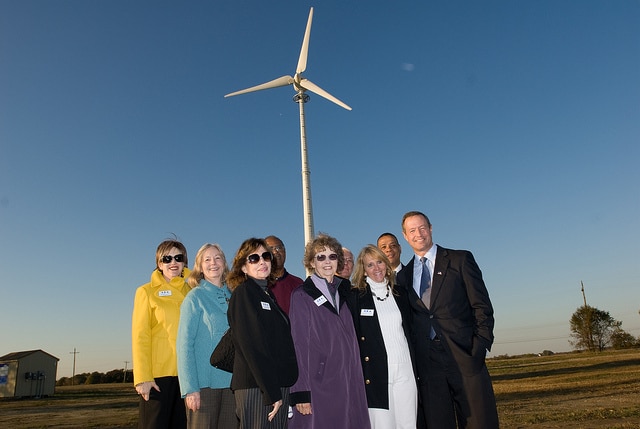Climate change stories that give local information and emphasize positive achievements are more likely to encourage people to become active participants in climate change action than stories of political failures, a new study by the Canadian Centre for Policy Alternatives has found .
Researchers worked with focus groups made up of 53 people from the Metro Vancouver area who were concerned about climate change, but had little involvement with climate politics, causes or organizations. After reviewing news stories with the groups, researchers found that the overwhelming response to news about climate politics was cynicism.
“While there was a strong desire for more aggressive political action to address climate change, virtually all expressed considerable skepticism that governments, corporations or their fellow citizens could be convinced of the need to address the problem,” the paper says.
“Even more troubling was the tendency of many participants to dismiss collective action and political engagement as irrelevant.”
Those taking part in the study were hopeful about the possibilities offered by collective political action, but were discouraged by the power that corporate interests exercise over the political process and the lack of political will to act.
However, when participants read success stories about climate politics, were given information about local “everyday heroes” showing initiative in their communities and were told about the local causes and consequences of climate change, they were more likely to become engaged.
“While many remained skeptical of the broader potential of climate politics, there was much greater willingness to consider the positive impacts of different forms of political activism,” according to the study.
Information about how to engage politically and the effect of political engagement was found to be as important as information about climate change science, the researchers found.
Media should juxtapose reports about failures with “stories of political initiative, creativity and courage that illuminate the countless examples of activism and engagement through which people in our communities and neighbourhoods are coming together in new forms of solidarity, community and action,” the study suggests.
“Our findings have implications for journalists and editors as well as non-governmental organizations that are communicating about climate change,” said co-author Shane Gunster.
“We saw clearly how news coverage can either increase cynicism or inspire action.”
Photo via Government of Maryland on Twitter.
Subscribe to our newsletter
Stay up to date with DeSmog news and alerts







